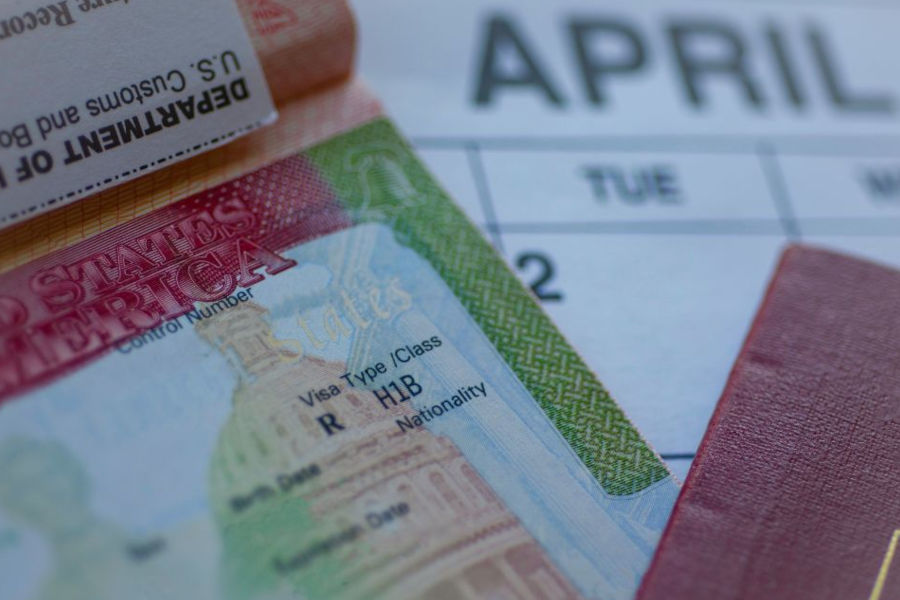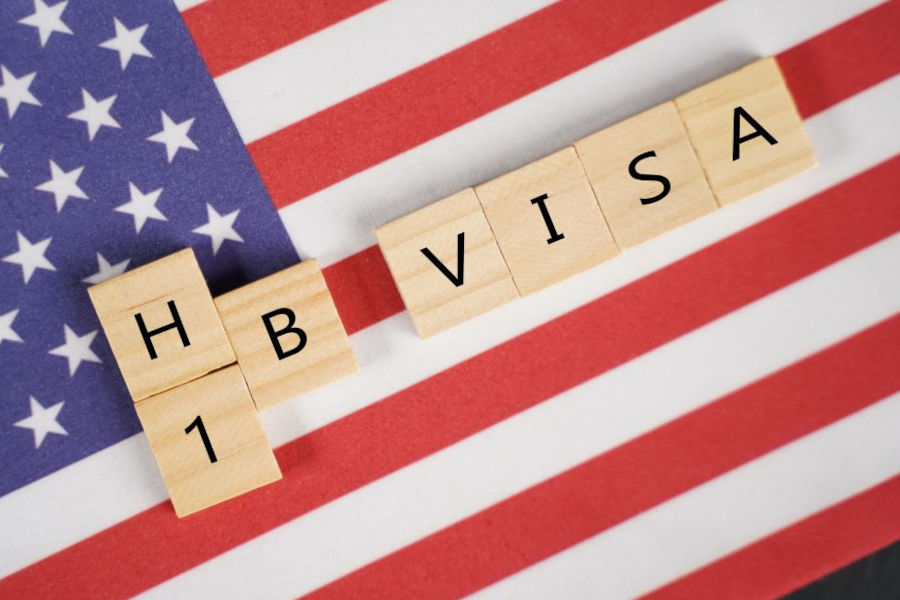If you are an intending immigrant and are going to live in Wisconsin, you should know some information about how to change your name. You can change your name without a formal court order at any time, as long as you meet two tests.
You may be surprised to learn that some states allow people to change their names at any time simply by using the name consistently and continuously, as long as it is not for fraudulent or illegal purposes. Wisconsin follows this rule. This procedure is known as a “common-law” name change. Common-law name changes have nothing to do with so-called “common-law marriages.”
Using your new name consistently and continuously means that you cannot go back and forth between your name before marriage and, for example, your husband’s name. You must pick a name and stick with it.
Using your new name non-fraudulently means exactly what it sounds like. While words often don’t have their everyday meaning in the legal world, this is one example where common sense prevails. For instance, you can’t start using a new name to avoid paying bills or child support.
Establishing your new name is the easiest to do if you start soon after arriving to the United States. If you arrived on a K-1 fiancé(e) visa, you may want to consider using your married name on your green card application. If you do so, you may want to consider mentioning that you are using your new name in your application cover letter and green card application, since it will make it easier for USCIS to figure out what is going on. USCIS organizes files by your unique “A-Number,” rather than last name, and your green card application will have a copy of your marriage certificate.
The following is an illustration of how an alien fiancée can change her last name without a court order when she prepares for a green card application. This alien fiancée’s last name in her K-1 visa stamp would show her maiden last name. Her marriage certificate would also show her maiden last name when she completes a civil marriage within 90 days of her U.S. arrival. However, when she prepares her green card applications, she can use her married last name. USCIS would recognize the use of the married last name and issue all notices and cards showing the married last name. For example, when she receives her employment authorization and green cards, they would be issued in her married name.
This information is intended to educate and should not be taken as legal advice.
Written by Francis Law Center Staff Daniel Lurker










